DataHowLab

Transforming bioprocess development
Harness the power of AI in biopharma with a unique digital bioprocess development solution that enables the development of better processes with fewer resources.
DataHowLab is a cloud-native SaaS solution that allows your teams to access its powerful technologies and collaborate on shared developments conveniently.
Develop bioprocesses faster and more effectively
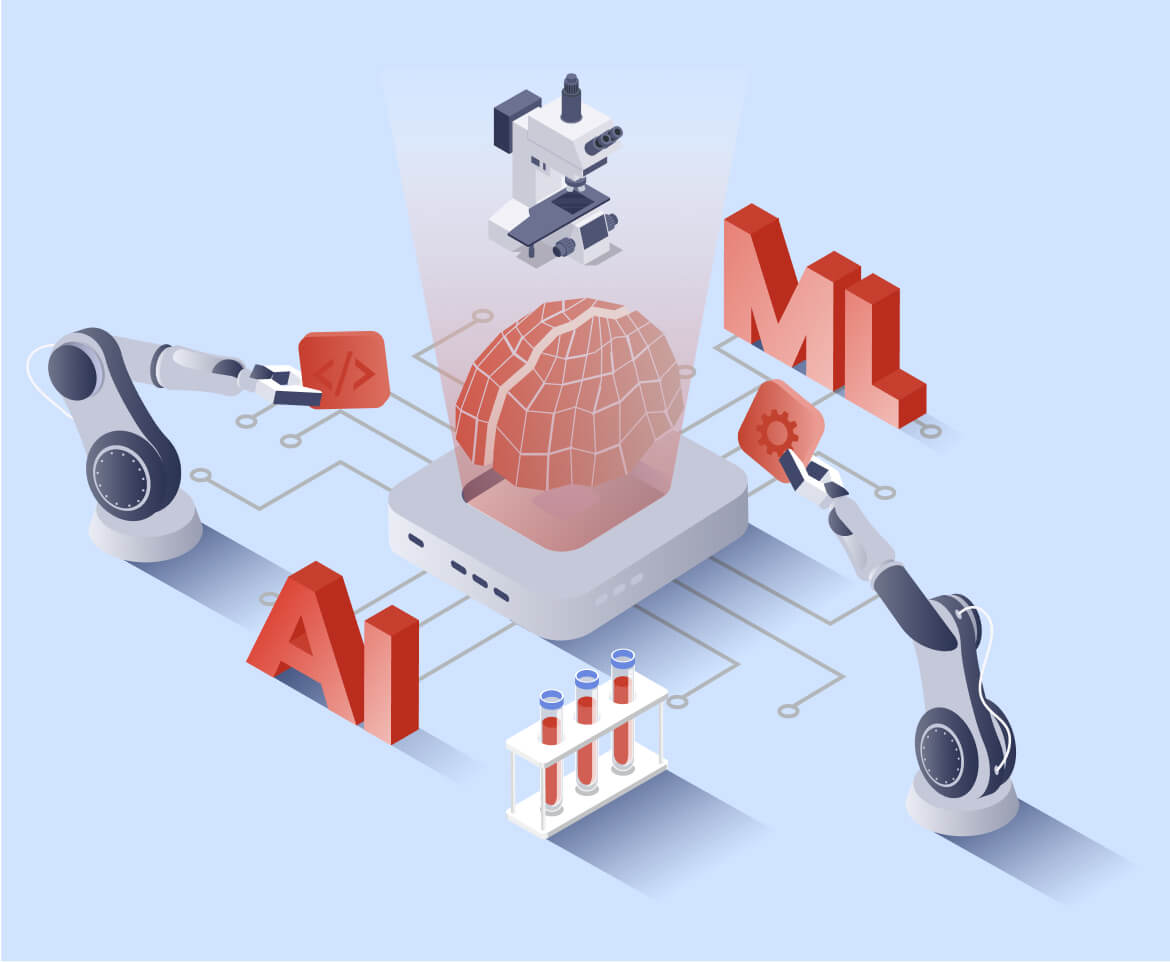
How DataHowLab Is Revolutionizing Process Development
Iteratively design fewer, better experiments
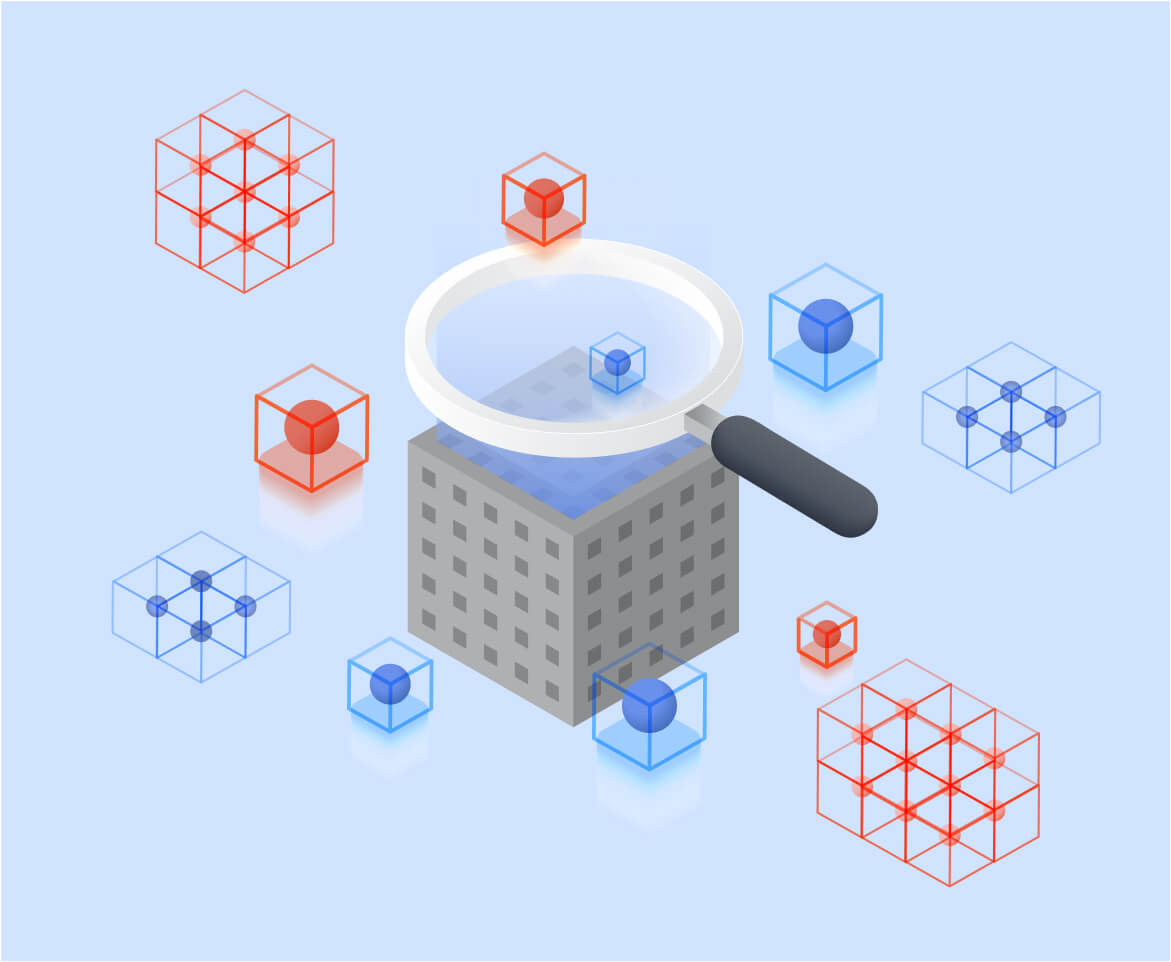
How DataHowLab Is Revolutionizing Process Development
Seamless, contextualized process data management
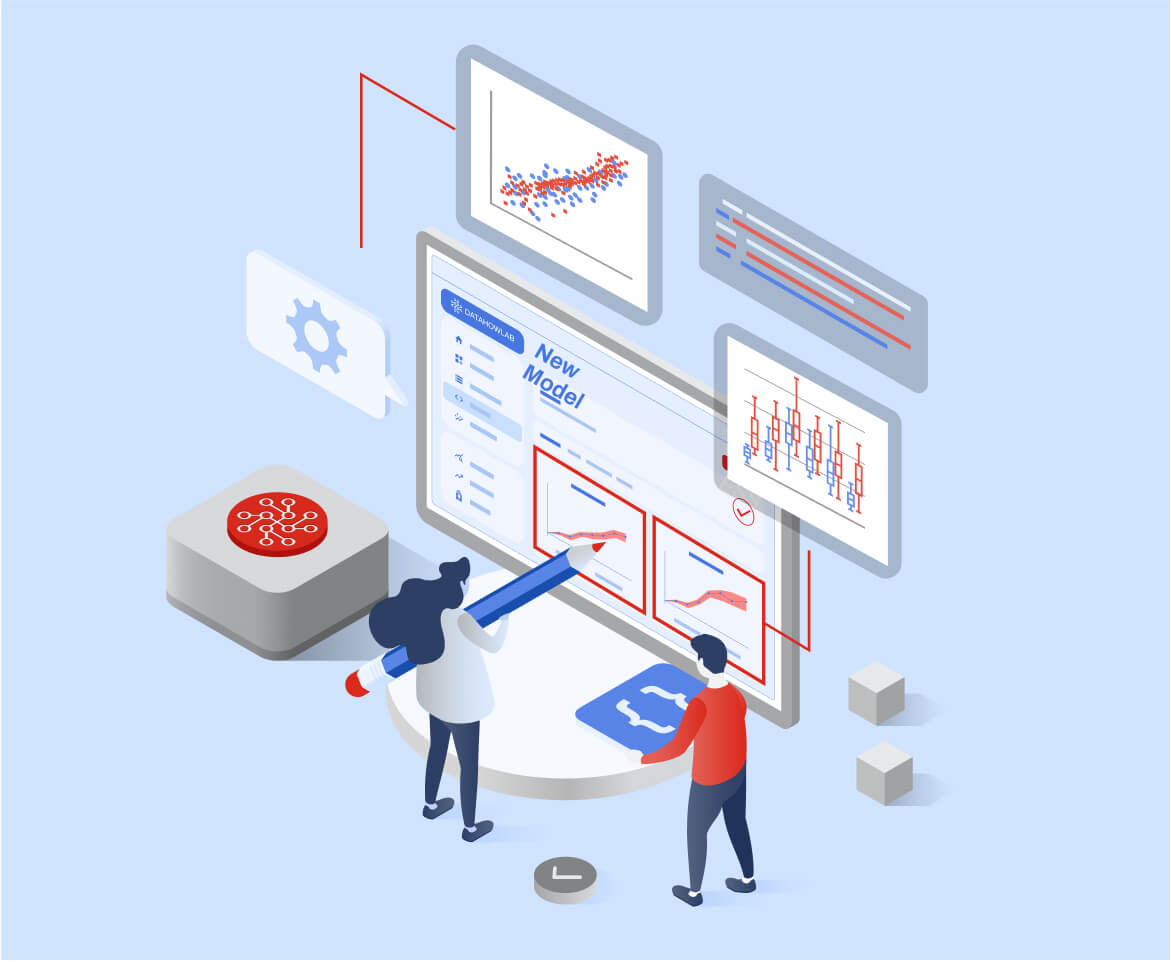
How DataHowLab Is Revolutionizing Process Development
Data analysis and visualization suite

How DataHowLab Is Revolutionizing Process Development
Use advanced technologies with confidence
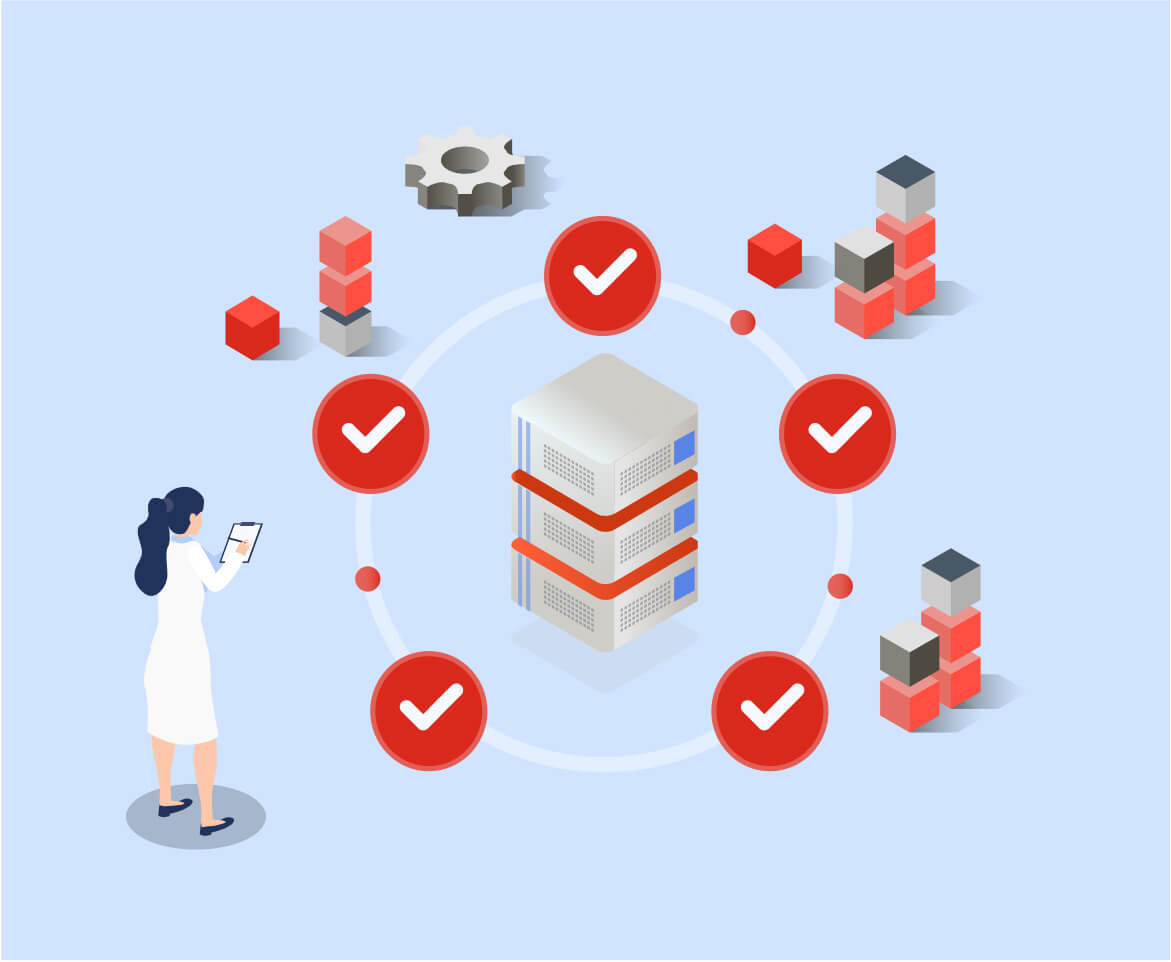
How DataHowLab Is Revolutionizing Process Development
A single development solution for your project’s entire lifecycle
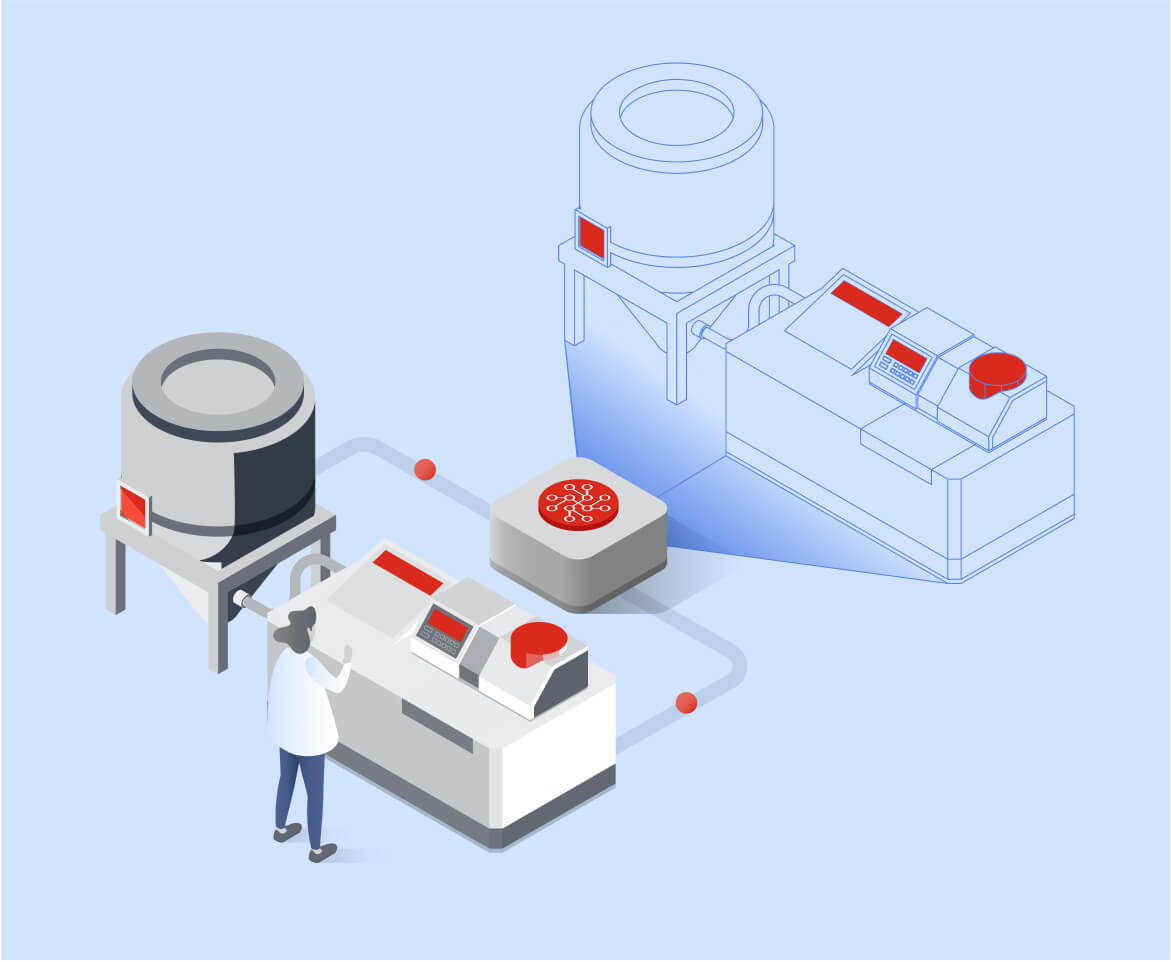
How DataHowLab Is Revolutionizing Process Development
Digital twin for simulations and process monitoring
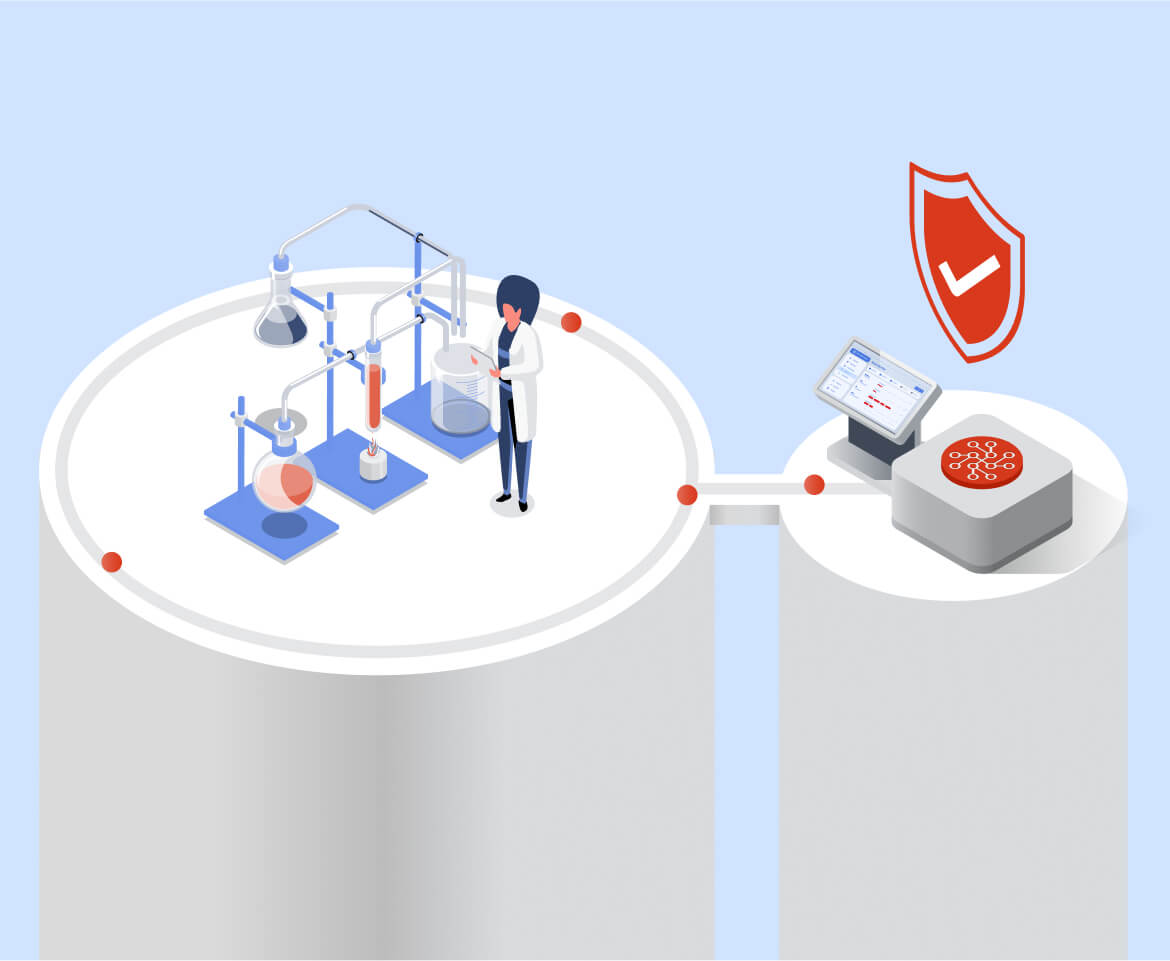
How DataHowLab Is Revolutionizing Process Development
Data security and privacy
solution for your
organization
When you license DataHowLab, our teams are here to support you. We provide DataHowLab users with comprehensive training and support from our in-house bioprocess specialists to maximize the impact of our solutions. Additionally, explore our tutorials, custom training, and data science courses.

Meet with one of our bioprocess development experts for a demo of DataHowLab and see how holistic digital modeling, data analysis, and data management can transform your operation.
